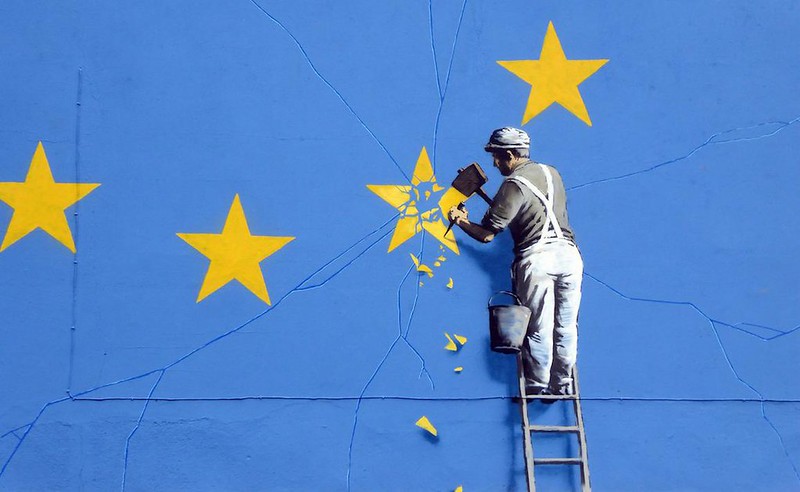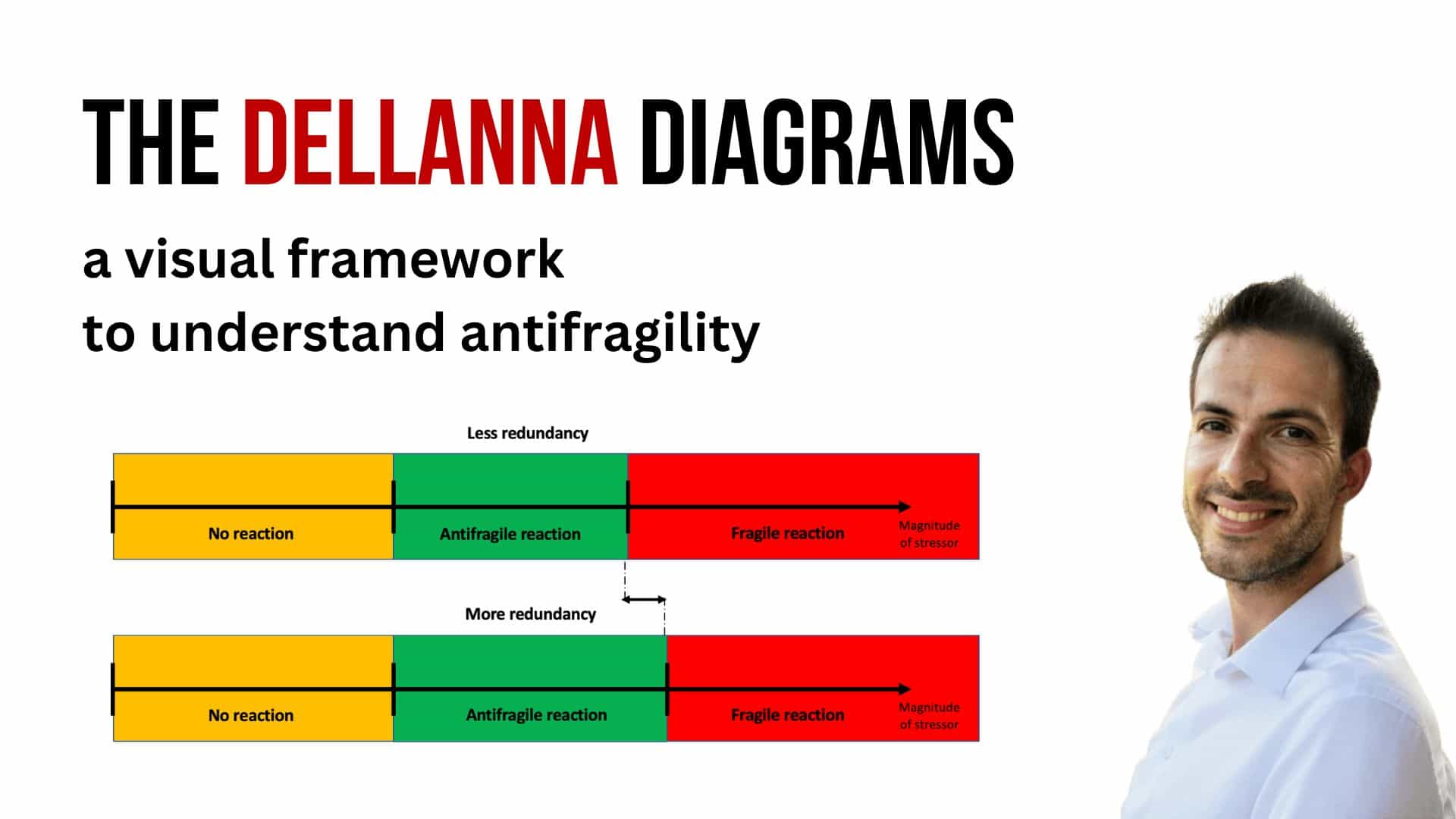Growth obtained through short-term tactics eventually plateaus. It’s a dead end.
Two arguments I hear too often on Twitter: “Jeff Bezos, Amazon’s CEO, is one of the best capital allocators ever; if the government took his wealth, it would allocate it poorly” and “the British economy will be troubled by Brexit”.
I fully agree with both. But so do a lot of those who want a wealth tax or Brexit. Neither is about maximizing capital efficiency, not for everyone.
Before I explain, I want to clarify that this essay is not about what whether Amazon or Brexit are overall net positive or net negative for the world. Instead, it argues that the overall impact of both is distributed very heterogeneously, and the distribution is what drives the different opinions.
Let’s take the example of Amazon.
Amazon
In 2019, when the company was considering opening second headquarters in New York, many argued that the overall economic impact would be beneficial for the city, as it would bring jobs and wealthy taxpayers. I agree.
However, if you lived in New York and your profession had nothing to do with Amazon or its induced labor, what you would observe is a higher cost of living (as wealthier-than-you families move in). Rents go up and you get displaced.
What is good for the city is not necessarily good for its residents; at least, not for all of them.
The same happens for the overall economic impact of Amazon. The company obviously has a positive impact on buyers (lower prices, more choices, more convenience), on sellers (at least those selling differentiated products, such as yours truly), and on stockholders. However, Amazon also had a negative impact on small businesses and on a few other categories.
The point is: people who protest Amazon largely do so because they are in the part of the population who got hurt by the retailer’s heterogeneous impact. People replying with “but the overall impact is great” do not demonstrate their point; only poor empathy skills.
Is Amazon’s overall impact positive or negative? I do not know. And it’s not really what matters, at least not to everyone.
The same applies, I suspect, to Brexit.
Brexit

As I’m writing this essay, it is the last day of the United Kingdom in the European Union. The most common comment I hear is “the economy will suffer”.
Certainly, during the campaigning, some have been misled about the economic impact of the separation. But I guess that at least for some of the voters, the economic impact wasn’t the first of their concerns. Brexit is, I believe, an attempt to close the distance between the rulers and the ruled.
The problem is not that the majority of the British population didn’t identify with the Union. It’s that the majority of the Union didn’t identify with the British (and how could it? It’s too large). The reaction is understandable – looking for autonomy, looking for accountability, looking for a smaller scale, ideally small enough so that no one feels at the periphery.
“When you strip people of their identity, the reaction is no different than if you deprive people of their earnings,” wrote Rory Sutherland. “We have evolved as a social species […] it would be odd if this instinct were not every bit as powerful as the urge to acquire wealth.”
(It is interesting, by the way, that in Italy, my home country, one of the least liked artifacts of the European Union is its currency, and yet, the first country to leave is one of those which kept its own. Perhaps, most financial arguments are indeed a confabulation for more intimate motives, after all.)
Conclusion
For most, money is only a means to an end – a happy life in which they can assume a role they respect. People care about everything affecting their individual life, not only economic measures, and certainly not aggregated economic measures.
Restricting the discussion around the overall economic impact is dehumanizing and, perhaps, the main reason for the current polarization.
PS: This was just my attempt at describing different positions. If you differ, please let me know, by dropping me an email or on Twitter. I’m eager to collect more points of view and for sure I don’t pretend mine is absolute.
…



